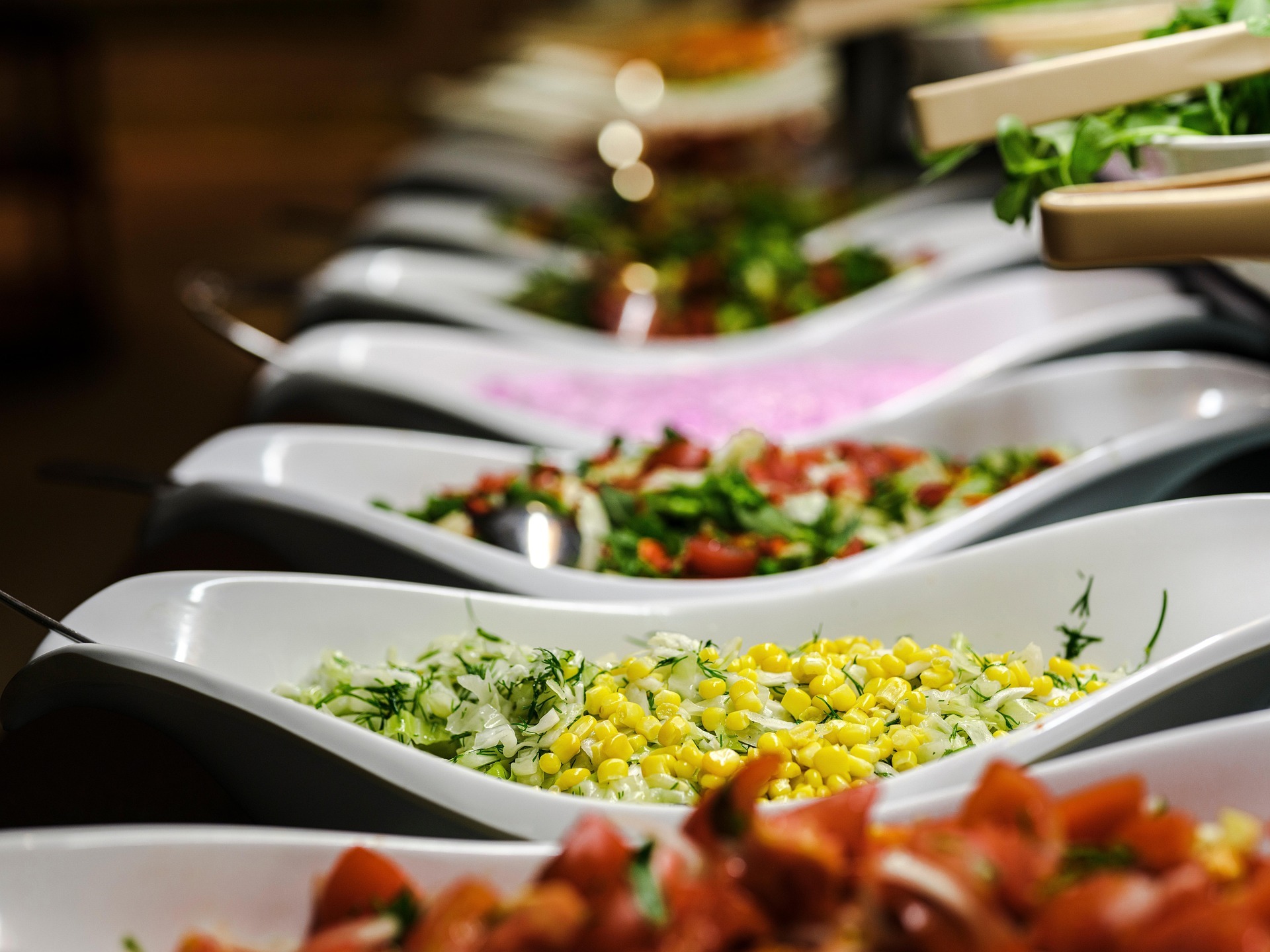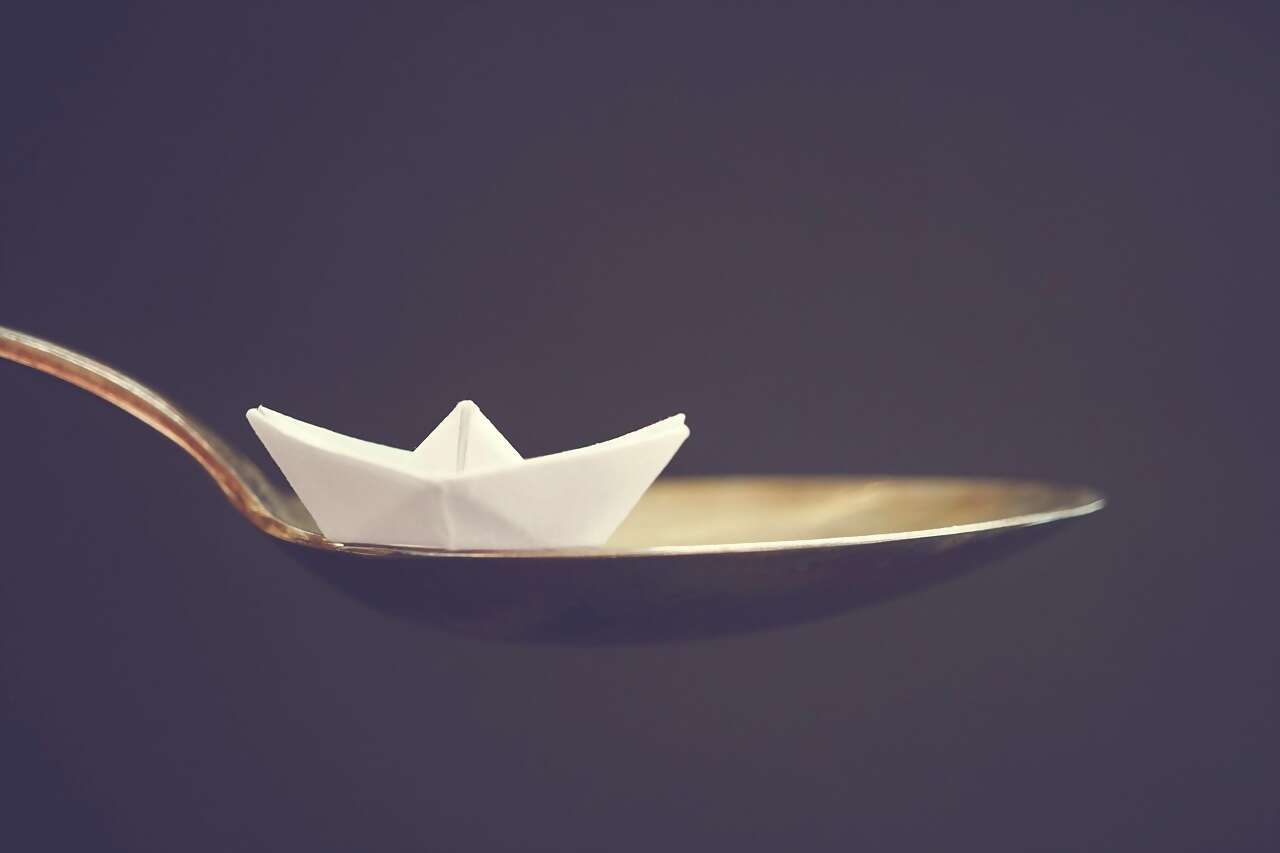Food waste is a massive issue at sea. With thousands of passengers and crew dining daily, cruise ships can generate tons of food waste on a single voyage. But the Tides are Turning!
As a travel advisor passionate about sustainable tourism, I’m thrilled to see the cruise industry making serious strides in reducing its environmental footprint—especially when it comes to food waste.
Food waste is a massive issue at sea. With thousands of passengers and crew dining daily, cruise ships can generate tons of food waste on a single voyage. But the tides are turning. Leading cruise lines are innovating with new strategies to minimize waste, feed communities, and protect the oceans we love to explore.
Smart Tech, Smarter Kitchens
Cruise lines like Royal Caribbean and Carnival Corporation have invested in AI-powered systems to monitor food prep and leftovers in real time. These systems help kitchen crews adjust portion sizes and reduce overproduction—often slashing food waste by 30–50%.
Onboard Food Waste Digesters
Many modern ships are now equipped with food biodigesters, machines that break down organic food waste into water, which can be safely discharged at sea under strict environmental guidelines. This drastically reduces landfill-bound waste and onboard storage needs.
Creative Menus and Smaller Portions
Lines such as Celebrity Cruises and Norwegian Cruise Line are embracing flexible dining and à la carte options to give guests more choice—and cut down on buffet waste. Some ships also offer smaller starter portions or encourage "order what you’ll eat" messaging, promoting mindful consumption.
Reimagined Dining with No Buffets
Virgin Voyages sets itself apart by operating without buffets or main dining rooms on all of its “Lady” ships. Instead, they offer over 20 made-to-order eateries included in the voyage fare, all without additional dining charges. This structure supports food waste reduction by eliminating mass-prepared meals and promoting portion control.
Donating to Local Communities
When allowed by port regulations, some cruise lines donate excess food to shore-based organizations. MSC Cruises, for example, partners with food banks at certain ports to ensure surplus food benefits local people rather than going to waste.
Part of a Bigger Sustainability Vision
Virgin Voyages broader sustainability program, Epic Sea Change For All, goes well beyond dining. The line is tackling single-use plastic bans, responsibly sourcing food (including sustainable seafood and direct‑trade coffee), using onboard recycling and biodigesters, and aiming for net-zero carbon emissions by 2050.

Why This Matters to Your Travel Choices
By choosing cruise lines committed to reducing food waste, you’re helping support cleaner oceans, less greenhouse gas emissions, and more efficient operations. If you’re looking for a cruise vacation that aligns with your values, I can help you find options that blend comfort, fun, and environmental care.
Let’s plan your next cruise with sustainability in mind. Ask me about cruise options or ships making a real difference at sea.
If you learned something from this article and/or enjoyed it, please share it. If you have any questions or would like to learn more about sustainable travel, please contact us. Our beautiful planet is important to Gin & Tonic Travel, and we support sustainability in our business, by working with sustainable suppliers and how we operate our business.
You can read more about sustainability in travel in our weekly Sustainable Sips blog. If there is a topic you would like for us to write about, please send us your suggestion to explore@ginandtonictravel.com.
Article by Samantha Leeming, Travel Specialist at Gin & Tonic Travel.
All rights reserved. You are welcome to share this material from this page, but it may not be copied, re-published, broadcast, rewritten or redistributed.

